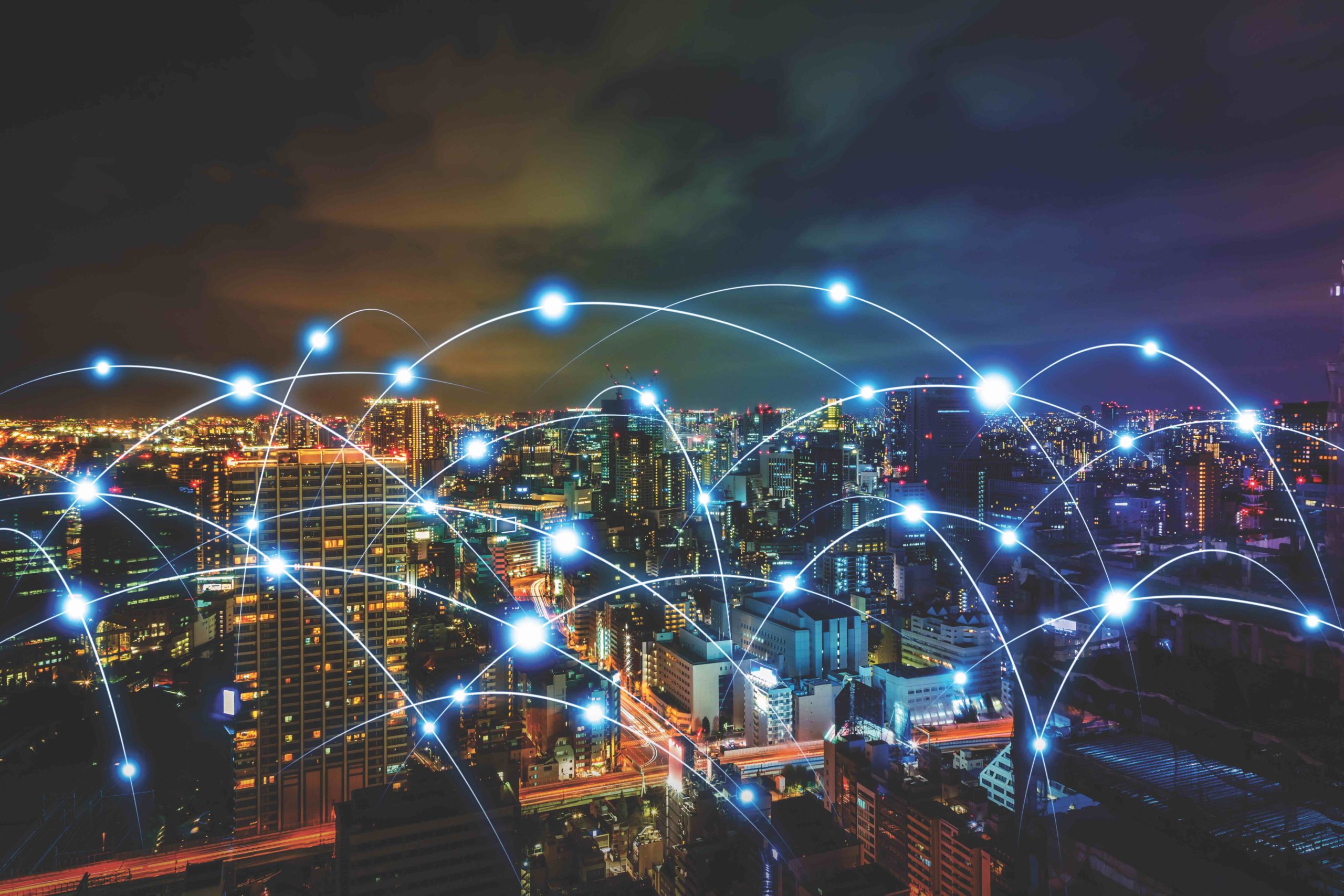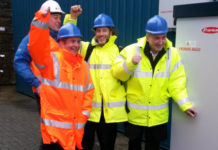Ofgem is seeking consumers’ & suppliers’ views on next steps needed to embed a more decentralised, decarbonised and dynamic energy system for the UK.
It published two papers last week:
- The Future of Local Energy Institutions and Governance: a consultation to create a stronger, clearer allocation of local responsibility with relation to energy for three key functions: planning, market facilitation and operation. This builds on many trials and pilots which showcase how local smart energy systems reduce system costs, accelerate the take up of electric vehicles and heat pumps and help ensure we can accommodate more renewable energy output.
Ofgem says this consultation is part of a continuing process. Last April Ofgem launched a review into the effectiveness of institutional and governance arrangements at a sub-national level, and the case for alternative approaches. The regulator say engagement with commenters validated our understanding of the issues and demonstrated a strong case for change to governance arrangements.
- The Future of Distributed Flexibility:a call for input from across industry about building the world’s first distributed energy ‘super’ marketplace. This includes specific digital concepts that will help unite existing markets and optimise the demand and supply of renewable electricity. This common platform will facilitate the buying and selling of surplus electricity from low-carbon energy storage, generation and smart devices, like electric vehicles. Our vision is long term, and is designed to break down market barriers, increase liquidity and – ultimately – help consumers monetise the services they can provide the system.
The two papers are part of Ofgem’s wider reform agenda, working with ministers at the Department for Energy Security and Net Zero, to promote more flexible and efficient use of energy.
Akshay Kaul, Ofgem’s interim director of infrastructure and security of supply, said:
“We need a radical rethink of the energy system, markets and grid to establish a net zero power system by 2035 and net zero economy by 2050. The role of local communities will be critical. That’s why we’re suggesting ways to make Britain’s energy systems and markets participatory and transparent.
“The energy crisis underlines the urgent need to shift from volatile fossil fuels to clean energy. Our economic security requires us breaking the link between cheaper renewables and expensive hydrocarbons; accelerating access to homegrown, clean and secure energy; cutting strain on the grid and freeing capacity for renewable power.”
On local governance, he explained:
“We are exploring options so net zero networks are planned, governed and regulated strategically at regional and local level – so we have flexible, clean generation and distribution systems right down to street-by-street, town-by-town, home-by-home level. We are considering new independent regional energy system planners to ensure plans are cohesive, coherent and clear to all.”
On future of distributed flexibility, Kaul added:
“Currently, energy markets are complicated, fragmented, and difficult to navigate, making it difficult for small assets like electric vehicles and heat pumps to join in, and putting off potential sellers and investors. We are setting out plans for how we can standardise and open markets – specifically by creating an ambitious vision for distributed flexibility involving a common ‘digital energy infrastructure’ which will allow more communities, businesses and organisations to buy and sell surplus renewable electricity and services when and where they need it.
“A single digital platform will allow users to access multiple markets transparently and simply. The more energy consumers can help and participate, and be rewarded for doing so, the more renewable energy we can successfully accommodate and the more secure our energy supplies.”
Consultations on both questions close on 10 May. Read more on each here and here.




